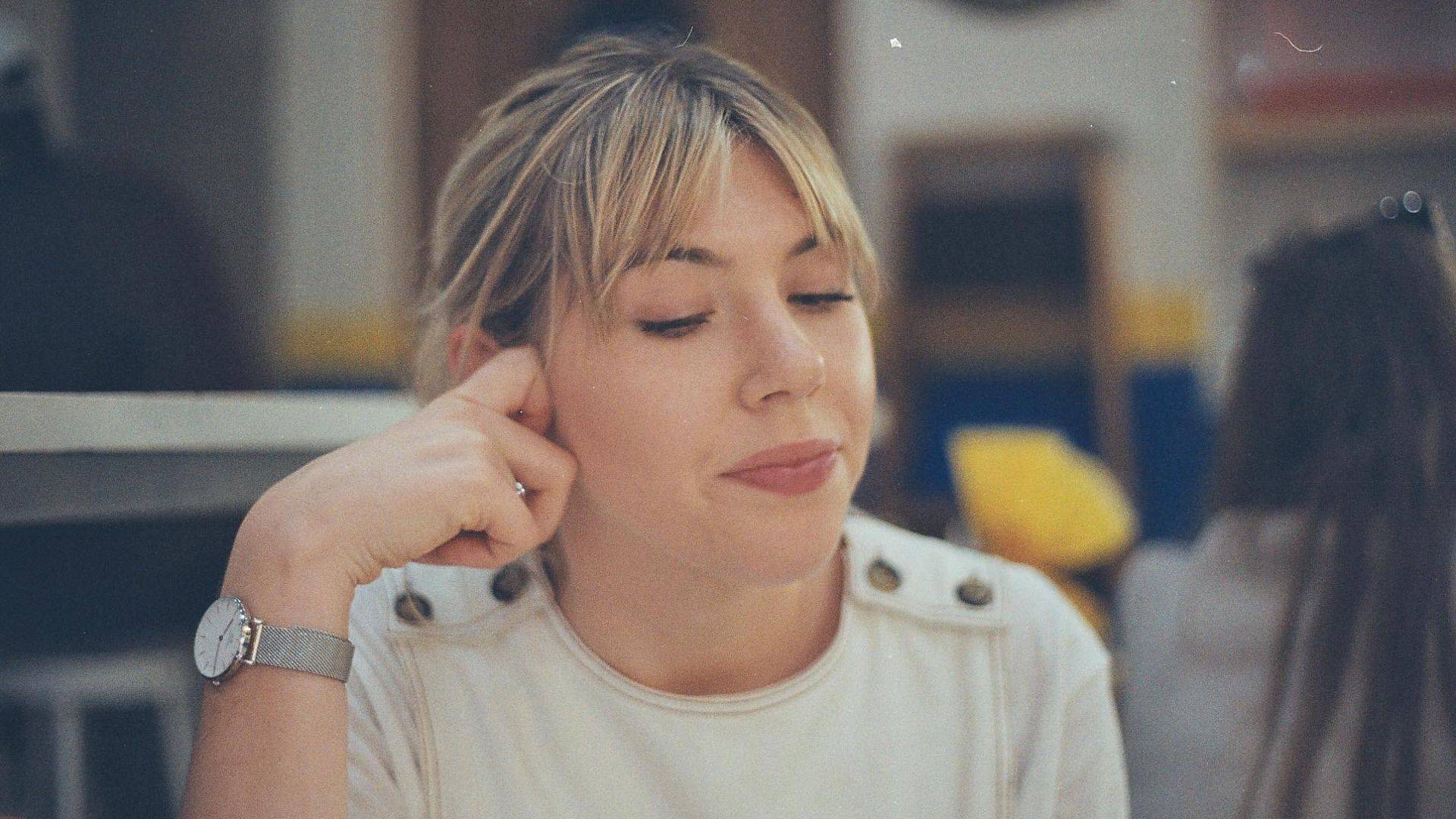We’re All Responsible For Stamping Out Anti-Asian Hate

I’ve been sitting in front of this aggressively empty page for so long that my leg has fallen asleep, trying to think of how to encompass my sorrow, my pain and my anger after six of my own have been shot dead. The truth is, Asian women are fucking exhausted. What I write won’t change the fact that we will continue to be beaten, spat on, mocked and abused.
Exhausted. Exhausted that the media is giving any airtime to this 21-year-old terrorist. That conversations are held in low whispers about the shooter’s messed-up motivations, how our DMs are filled with how disturbing this twisted act of violence was. Exhausted that people think he is the only problem here.
It's not just overt white supremacists with guns that I have to be wary of – it might be some of you, dear readers. Martin Luther King’s words, although relating to a different set of circumstances, still ring true. “I have almost reached the regrettable conclusion that the Negro's great stumbling block in his stride toward freedom is not the White Citizen's Counciler or the Ku Klux Klanner, but the white moderate, who is more devoted to 'order' than to justice; who prefers a negative peace which is the absence of tension to a positive peace which is the presence of justice …”
Long heralded as ‘model minorities’, Asians are often an afterthought in conversations about racism. With Australia’s extraordinary laundry list of racist violence, I can see why. But neglecting those discussions would be a disservice to the many forms that racism can take, and the systemic discrimination and everyday threats that Asians face.
In 1973, my parents were officially allowed to enter this country as the White Australia policy ended. Almost half a century on, textbook racist taunts and cheap slapstick racism remain in the pockets of far too many. Asian nail technicians, waitresses and masseuses are routinely met with eye-rolls; their ridicule the perfect fodder for a chat with friends. And batting away smug shouts of ‘ni hao’ and ‘konnichiwa’ down the street become par for the course.
The dismissal of a group of people as ‘the Asians’ in order to blend us into one expendable, homogeneous cluster is dehumanising. Same goes for the tired, ‘You all look the same’ rhetoric that sees strangers question whether my friends and I are siblings. As small as these passing comments may be, these are acts of racism.
That’s why I flinch when I hear the term ‘multicultural Australia,’ a sugary and contrived pat-on-the-back when the actual reality of this country is one where racism is so deep-rooted that when three First Nations people die in custody in one week, the average Joe doesn’t even acknowledge it.
The ANU found that 84.5 percent of Asian-Australians reported at least one bout of discrimination between January and October 2020. That’s four in five of us. From April to June 2020, there were over 370 reports of COVID-19 related racism against Asian-Australians filed.
Of course, the coronavirus crisis only exacerbated what was already there. While Asians make up around 12 percent of Australians, we’re represented in less than four percent of senior leadership positions. Some of us are even encouraged to whitewash our names when applying for jobs. After all, a damning 2009 study found that people with Chinese names needed to send in 68 percent more resumes than those with Anglo-Saxon names to receive the same number of interviews.
Asian-Australians don’t have to hear the statistics to know these truths. We experience them first-hand.
It’s like that time I went to a friend’s house for dinner and her (white) boyfriend put on a Vietnamese accent in front of me, while the rest of the room stayed silent. Or when a Vietnamese friend of mine was asked if he would have kids with a white local to “dilute [his] Asian genes”. Or when my high school teachers instructed international students to “get Australian names” because stumbling through the roll call proved too difficult for them.
From the upturned noses and sneers at products made in China or cheap, oily street food – it feels to me that we’re seen as second-class citizens, synonymous with poor quality and foreignness. A culture that is merely a poor emulation of the West – but one that can be fun to appropriate and ‘experiment’ with every so often.
But we aren’t your playthings, a minority to fawn over and gawk at. Don’t steal our culture in absence of connection to your own. Don’t take our traditional dress and plaster culturally appropriated and disrespectful Aliexpress knockoffs on your non-Asian body at your next festival. Don’t endlessly fetishise our bodies to fulfil your sexual fantasies.
Our features that we’ve been mercilessly bullied for are not new make-up trends for you to try out. Our food isn’t there to serve in your weird food challenges or double dog dares. Our countries aren’t ‘cute’ or destinations for you to fill up your gratitude tank. We are not for you to consume. We do not live to entertain you.
The abhorrent murders of these eight victims were the inevitable outcome when Asians are not seen as human; when we’re denied the autonomy and the complexity you so graciously provide our white counterparts.
Racism doesn’t always look like the massacres that light up your news feed. It’s a complex matrix of thoughts, values and systems that operate so insidiously that it’s highly likely that you may inadvertently play a part in its upkeep. Whether you choose to see it or not is up to you.
Written by Maggie Zhou, a Melbourne-based writer and co-host of Culture Club podcast. Find her words in MTV Australia, Fashion Journal and ELLE Australia, or follow her on Instagram @yemagz.





